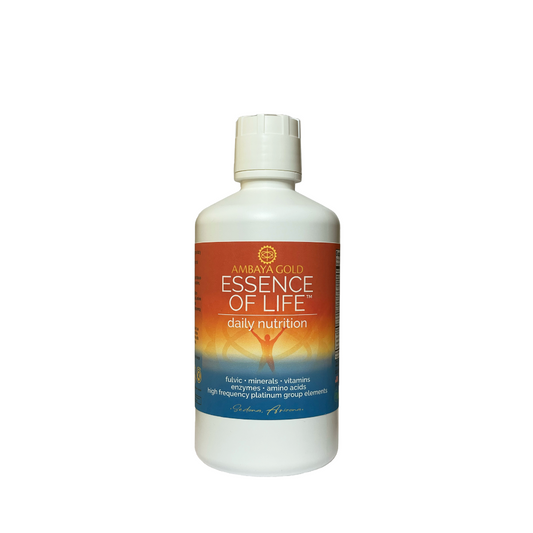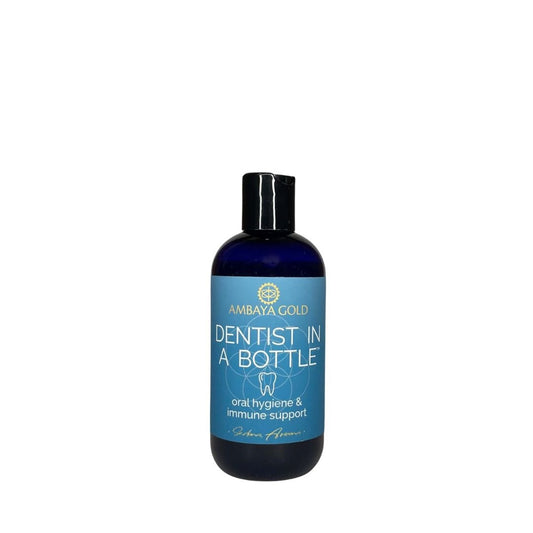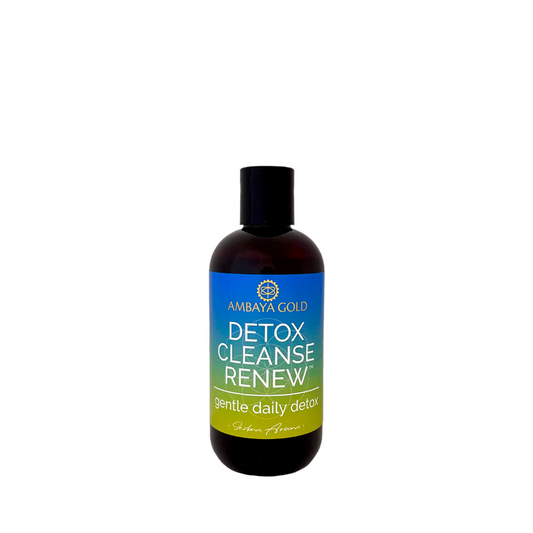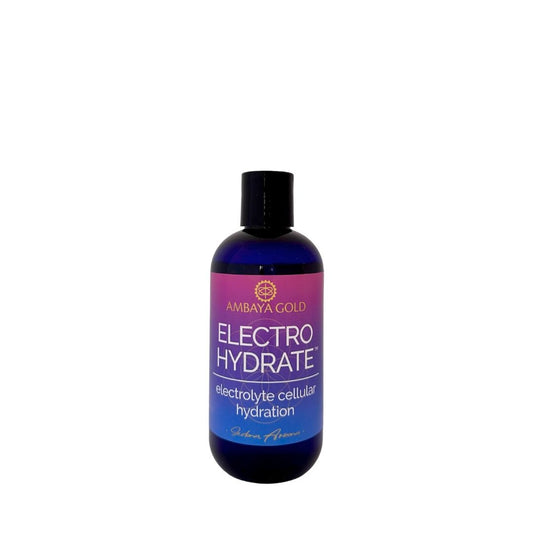How to Boost Nutrient Absorption

The Decline of Nutrients in Our Food
A series of studies have highlighted a troubling trend in the nutritional value of our food. Research published in The Journal of the American College of Nutrition indicates that the mineral content of fruits and vegetables has decreased by up to 40% over the last 50 years. This decline is attributed primarily to modern farming practices that deplete soil nutrients and the emphasis on high-yield crops which often prioritize quantity over quality (Davis, D. R., E. S. Epp, and R. M. Riordan. "Changes in USDA Food Composition Data for 43 Garden Crops, 1950 to 1999.", vol. 22, no. 5, 2003, pp. 669-675).Additionally, a report from the British Food Journal found that the average nutrient density of vegetables has been declining due to changes in farming methods and soil management practices (Miller, J. C., and R. L. Gregory. "Nutrient Decline in Vegetables: A Review.", vol. 118, no. 9, 2016, pp. 2112-2126). This data underscores a critical issue: the need to find ways to maximize nutrient absorption despite these challenges.
Strategies to Boost Nutrient Absorption

To counteract the decline in nutrient content and optimize our nutrient intake, consider incorporating the following strategies into your daily routine:
1. Diversify Your Diet: Consuming a variety of fruits, vegetables, and whole grains helps ensure you get a broad spectrum of nutrients. Different foods offer different benefits, and a varied diet can compensate for potential nutrient deficiencies.
2. Opt for Organic: Organic farming practices tend to be more sustainable and can help preserve soil quality. Studies have shown that organic produce may have higher levels of certain nutrients compared to conventionally grown counterparts (Barański, M., et al. "Higher Antioxidant Activity and Lower Cadmium Concentrations in Organically Grown Crops." Journal of the Science of Food and Agriculture, vol. 94, no. 6, 2014, pp. 1036-1041).
3. Buy from Small Family or Local Farms: Small and/or local farms, especially organic ones, often use practices that maintain or even improve soil health, leading to more nutrient-dense food. Local produce is typically fresher, which can help preserve the nutrients that might degrade during long transportation and storage periods. A study published in Agricultural Systems highlighted that produce sold directly to consumers from local farms tends to retain higher levels of vitamins and antioxidants compared to store-bought items that have traveled long distances (R. S. Malamud, et al. "Nutritional Quality of Local versus Conventional Produce: A Comparative Study." Agricultural Systems, vol. 160, 2018, pp. 88-95).
4. Incorporate Fermented Foods: Foods like sauerkraut, kimchi, and kefir can improve gut health, which plays a crucial role in nutrient absorption. A healthy gut microbiome enhances the body's ability to absorb vitamins and minerals.
5. Cook Smart: Some nutrients are better absorbed when foods are cooked. For instance, cooking tomatoes increases the availability of lycopene, a powerful antioxidant.
6. Pair Foods Wisely: Certain food combinations can enhance nutrient absorption. For example, pairing vitamin C-rich foods like bell peppers with iron-rich foods like spinach can boost iron absorption (Halliwell, B., and J. M. Gutteridge. "Free Radicals in Biology and Medicine." Oxford University Press, 2015).

7. Fulvic Acid: Fulvic Acid is a natural compound found in humic substances derived from decomposed organic matter, has garnered attention for its potential benefits in nutrient absorption. Fulvic acid is unique in that it enhances the bioavailability of nutrients by facilitating their transport across cell membranes and improving their solubility.
Research in The Journal of Nutrition demonstrated that fulvic acid enhances mineral absorption by promoting better uptake and reducing the excretion of these minerals (Gordon, R. A., et al. "Fulvic Acid and Its Role in Nutrient Uptake: A Review.", vol. 142, no. 8, 2012, pp. 1494-1500).
Moreover, fulvic acid may support the gut microbiome, which further aids in nutrient absorption. A study published in Gut Microbes found that fulvic acid has prebiotic effects, fostering a healthier gut environment that improves nutrient assimilation (Kumar, A., et al. "Prebiotic Properties of Fulvic Acid: Implications for Gut Health.", vol. 11, no. 3, 2020, pp. 411-424).
The decline in nutrient content of our food is a significant concern, but by adopting strategies to boost nutrient absorption and incorporating supplements like fulvic acid, we can better support our health and well-being. By diversifying our diet, choosing organic options, incorporating fermented foods, cooking wisely, and understanding the role of compounds like fulvic acid, we can maximize the nutritional value of our food and enhance our overall health.
References
1. Davis, D. R., E. S. Epp, and R. M. Riordan. "Changes in USDA Food Composition Data for 43 Garden Crops, 1950 to 1999." *Journal of the American College of Nutrition*, vol. 22, no. 5, 2003, pp. 669-675.
2. Miller, J. C., and R. L. Gregory. "Nutrient Decline in Vegetables: A Review." *British Food Journal*, vol. 118, no. 9, 2016, pp. 2112-2126.
3. Barański, M., et al. "Higher Antioxidant Activity and Lower Cadmium Concentrations in Organically Grown Crops." *Journal of the Science of Food and Agriculture*, vol. 94, no. 6, 2014, pp. 1036-1041.
4. Halliwell, B., and J. M. Gutteridge. "Free Radicals in Biology and Medicine." Oxford University Press, 2015.
5. Gordon, R. A., et al. "Fulvic Acid and Its Role in Nutrient Uptake: A Review." *Journal of Nutrition*, vol. 142, no. 8, 2012, pp. 1494-1500.
6. Kumar, A., et al. "Prebiotic Properties of Fulvic Acid: Implications for Gut Health." *Gut Microbes*, vol. 11, no. 3, 2020, pp. 411-424.









